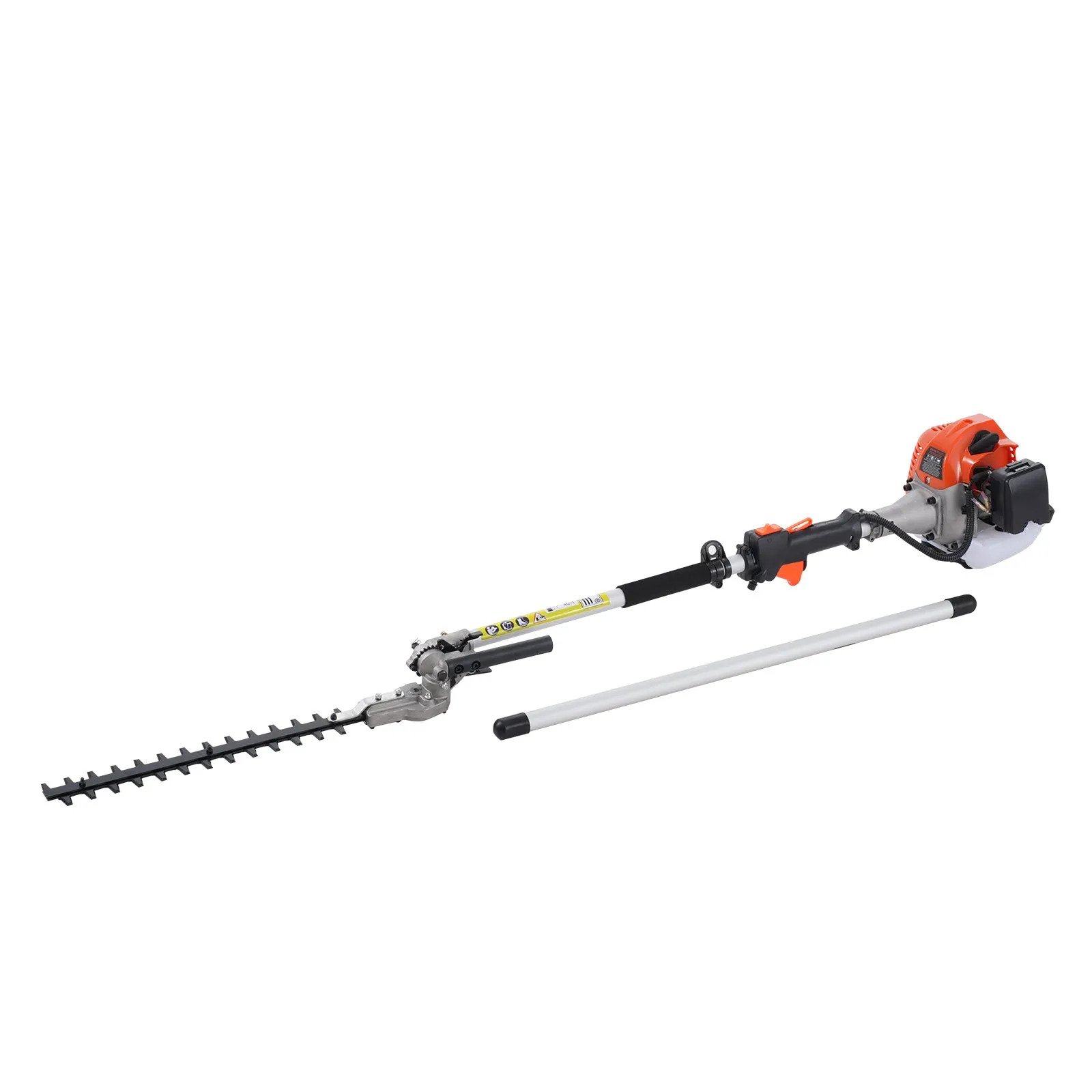How Can Homeowners Reduce Their Mortgage Payments With Refinancing?
/Refinancing your mortgage will allow you to replace your current mortgage with a new one. Your new mortgage will come with a new set of terms and conditions.
You may be able to take advantage of lower interest rates with your new loan, which will translate to lower monthly mortgage payments. You can also tap into the home equity you have built over the years to renovate your home to increase its real estate value or get extra cash.
There are also many different types of refinancing options that your lender may discuss with you, including, but not limited to, a cash-out, cash-in, VA streamline, rate and term, and short refinance.
However, our focus will be on how you can reduce your mortgage payments via refinancing.
How Can Refinancing Lower Your Monthly Payments?
When you refinance your mortgage, your new mortgage’s interest rate will be set according to the current market’s interest rates. During the Covid pandemic, many homeowners in Canada opted to refinance their mortgages to take advantage of historically low-interest rates after the Bank of Canada slashed them.
Refinancing can lower your monthly mortgage payments, potentially saving you thousands throughout your loan’s term. Your monthly budget will be much more manageable and you will have more money that can be put towards paying off your mortgage, paying off other forms of debt, investing, renovating and anything else you need the cash for.
You will find it easier to make your monthly mortgage payments. You may even be able to pay ahead of schedule, which will help you build home equity faster and own your home that much sooner.
As can be seen, refinancing to get a lower mortgage rate can greatly benefit you, your loved ones and your financial stability.
What to Do If You Fall Behind on Mortgage Payments
If you plan on staying in your current home for the foreseeable future and have a good credit score, then mortgage refinancing may help you get out of a financial bind. You should make sure you qualify for a lower interest rate before you consider mortgage refinancing.
Mortgage forbearance will allow you to lower or even suspend your mortgage payments for a certain period. You won’t have to worry about paying additional interest or other charges during the specified time either.
If you cannot make your monthly payments due to a sudden loss, such as being laid off unexpectedly, then refinancing your mortgage can reduce your monthly expenses and make paying for your home more affordable.
Mortgage forbearance may buy you some time to regain your financial footing so you can keep making payments. Mortgage forbearance is an agreement between you and your lender, where your lender agrees to not forclosure your home in exchange for a new plan to make up lost payments and bring the mortgage back in good standing.
You can also try to negotiate a mortgage deferral, where your principal payments are temporarily frozen for a set period of time, giving you some breathing room to fix your financial situation and get the cash flow needed to make regular payments. During a mortgage deferral, you will still be charged interest on your mortgage, just not the principal until the end of the deferral period.
Negotiating a loan modification is yet another option. If you are already behind on your payments, you may need to make some permanent changes to the conditions and terms of your agreement, such as increasing the amortization period so your payments are spread out over a longer period of time.
With loan modification negotiations, the changes made to your mortgage are permanent. You may also want to look into your monthly housing payments. If you have found some creative ways to cut down on your insurance and taxes, then this is something that you should strongly consider.
We would suggest that you check the value of your home and research tax abatement laws in your jurisdiction to try to reduce your monthly housing payments. Another way to lower your monthly housing expenses is to try and reduce your homeowner's insurance bill.
In addition, if you have some wiggle room for an elevated mortgage payment, you can try to set up a repayment plan. If your income has stabilized or increased in recent months, your lender may be open to working out a customized repayment plan.
Other Tips for Lowering Monthly Payments on Your Mortgage
You can rent out a part of your home, such as a guest room, to help make ends meet. Consolidating/combining your debts into one monthly payment is convenient, but you may be able to reduce your overall monthly interest amount.
Furthermore, try to extend your repayment term and get rid of your mortgage insurance payments. We would also suggest that you shop around to try and find lower home insurance rates.
If you have to pay personal mortgage insurance, try to do so upfront. Downsizing your sublet or home may also help you lower your monthly mortgage payments.
Being Smart
There are many different types of loans available on the market. Refinancing may allow you to access several different loan types that may help you lower your interest rate.
Speak to a financial advisor or broker to find a mortgage that caters to your current and future financial needs and goals. What’s more, the equity that you have accrued over the years in your home can be used to borrow money.
You can borrow more money to fund a new business, pay off your credit card loans, pay for your dream wedding, or upgrade your current home to increase its value. Also, if your finances have improved significantly in recent months, you may want to look into shortening the term of your loan to pay less overall interest and own your home sooner.
Sources:
Behind on Mortgage Payments? Here’s What To Do (credible.com)
Types Of Mortgage Refinance: Top 9 Options | Rocket Mortgage














